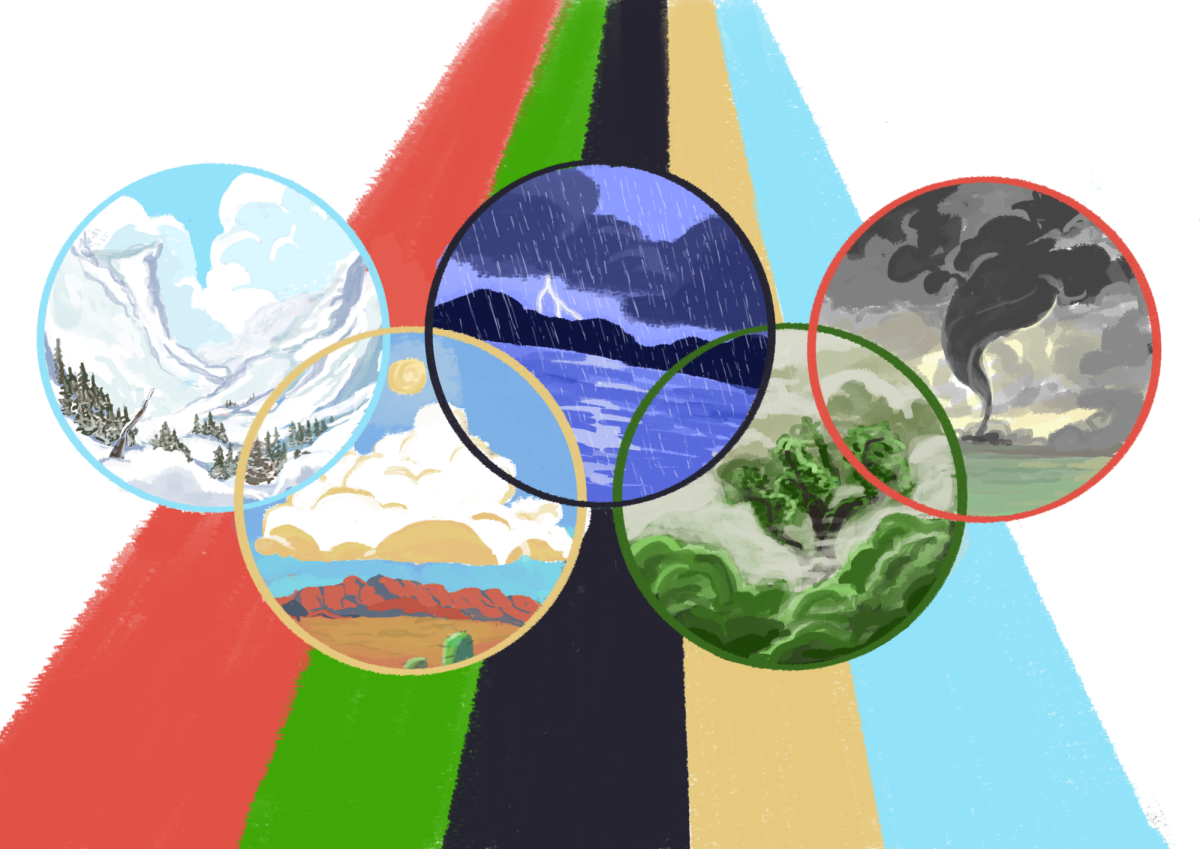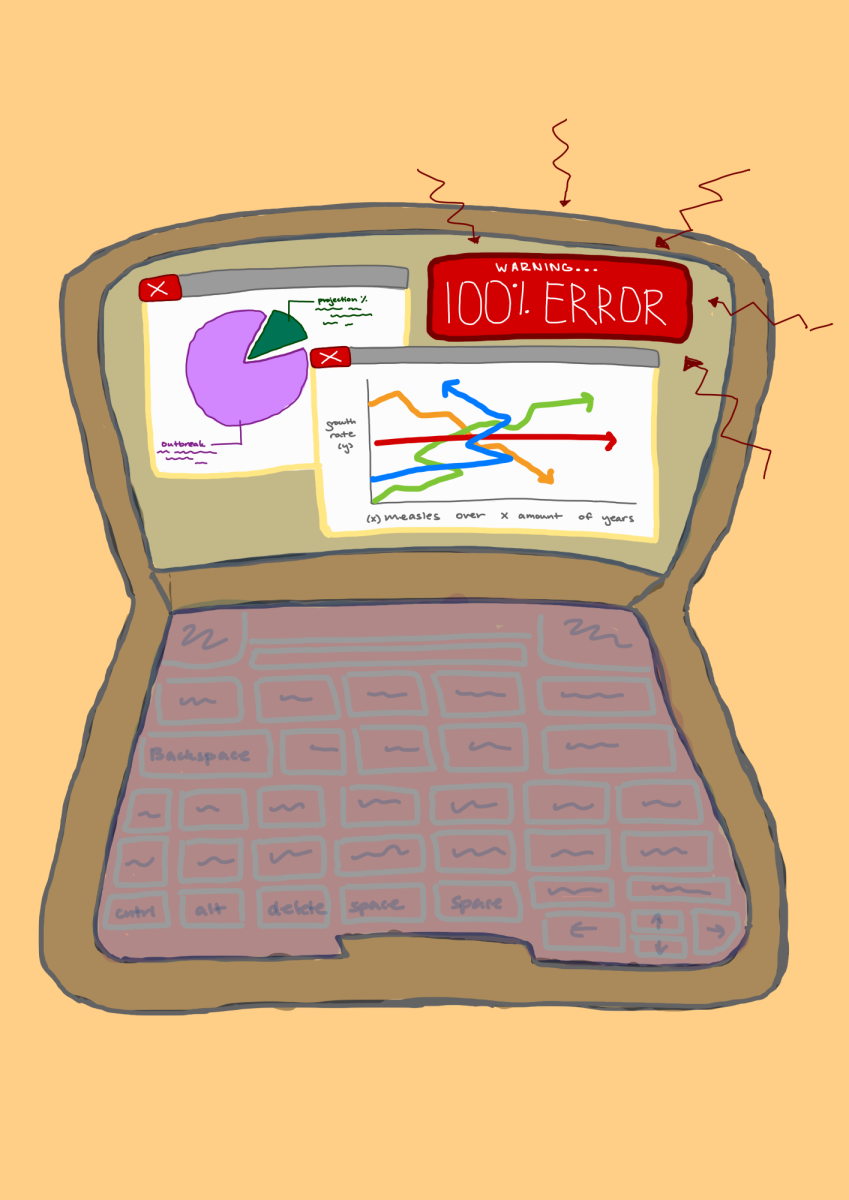A climate research team used artificial intelligence models to develop local daily forecasts for the Paris Olympics.
Dev Niyogi, a professor in the Department of Earth and Planetary Sciences and leader of the research team, said Austin experiences many extreme weather events, and his team wanted to improve the ability to forecast these types of events across the globe.
“As Austin and other cities are also experiencing a lot of weather extremes, whether it is (a) heatwave, whether it rains, we have been trying to understand how (to) improve the predictions,” Niyogi said.
The team develops and trains weather models using datasets detailing patterns in winds, pressure and temperature. This effort also has been in strong collaboration with the UT-City Climate CoLab, a group that aims to localize climate data.
“What we have been doing is using the knowledge we gain in developing the analysis for the city of Austin,” Niyogi said. “Once we put it (to use), we can then take it to other venues like Paris, and then what we learn from Paris, we bring it back to Austin.”
UT’s forecast is sent to Olympic officials through the World Meteorological Organization in collaboration with a wide range of international research organizations. The team works with other researchers and compares their weather forecasts every morning, Niyogi said. These forecasts supplement the official weather forecasts in France.
“Getting to interact with them at 9 a.m., talking to the top-notch meteorological agencies, … these are the best of the best people,” said Manmeet Singh, a postdoctoral fellow in the Department of Earth and Planetary Sciences. “That’s a great learning opportunity.”
Due to time differences, the researchers had to work on their analysis and forecasts at around 1:30 a.m. and then present them to the other global research organizations later in the morning, Niyogi said.
“We learned about the challenges that we face when we do the real-time forecasting,” said Naveen Sudharsan, a postdoctoral fellow in the Department of Earth and Planetary Sciences.
Niyogi said a lot of their work focuses on learning and improving how these forecasting tools can add value to their local communities.
“Personally (this project) has been where we have taken what UT does best, which is create something, which is in the Year of AI, to develop a new computational tool that we can have the confidence to take it to a global platform like (the) Olympics,” Niyogi said. “And the learning you bring is back here. To me, (the) Olympics is not about competing, it is about computing, and we have really enjoyed doing that.”













